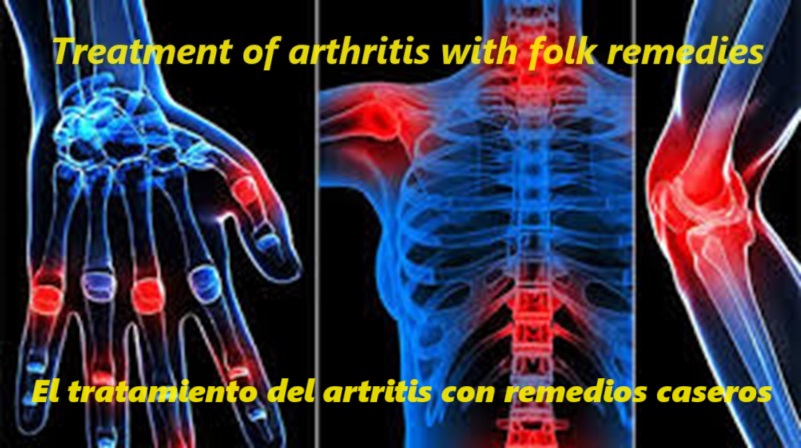How to Lose Weight After 50?
As the human body ages, it often begins to struggle with excess weight. Only a few people manage to stay slim into old age, while most have to constantly fight off extra pounds. The reasons include a slowed metabolism, reduced physical activity, and hormonal changes. Eating as before is no longer feasible because even familiar portions can lead to belly fat. So, how can you lose weight after 50? The answer is simple: you need to accept the rules that life now sets for you.
Pace of Weight Loss After 50
Strict diets and overly intense exercise are not recommended for you. While your dedication to results is admirable, remember that you’re no longer young, and your skin has lost its former elasticity. It won’t be able to adjust to rapidly changing body volumes if your belly and thighs shrink too quickly.
Even if you think you need to lose several dozen kilograms, do it gradually. After all, you didn’t gain that weight in a matter of days or months—it likely crept on over years. So why assume it should come off quickly? Rapid weight loss can lead to health problems, which are much harder to deal with after 50 and could become irreversible. Gradual weight loss is essential, for several reasons:
-
Fat tissue stores toxins that enter your bloodstream as you lose weight;
-
Rapid weight loss may impair liver and kidney function;
-
The skin on your belly and thighs may sag, making your body less attractive.
Lose weight gradually—no more than 2–3 kg (4–7 lbs) per month. Be patient. If you follow this plan, in 10 months you could weigh 20 kg (44 lbs) less, if needed. Remember: fasting for several days, exercising to exhaustion, and following an overly strict diet are all off-limits. Consider the consequences for your health—your body deserves protection.
Physical Activity After 50
A major reason for excess weight after 50 is reduced physical activity. Several factors contribute to this:
-
Decreased energy levels make relaxing on the couch feel more appealing than movement;
-
By this age, many people are no longer raising children, meaning less day-to-day activity;
-
Health issues like joint diseases, osteochondrosis, and cardiovascular conditions can reduce mobility.
If you’re inactive, weight problems are no surprise. To lose weight, you must burn calories—a rule that applies regardless of age. While you may no longer engage in high-intensity sports, you can still walk daily and visit a pool a few times a week. Light gym workouts are also beneficial.
Diet After 50
Since metabolism slows significantly after 50, food intake must be reduced. A diet that used to seem restrictive should now become your new normal. To avoid feeling deprived, allow yourself a treat once a week. The rest of the time, cut out sweets, pastries, and fatty foods.
Prioritize protein-rich foods and reduce carbohydrates. Ideally, skip dinner altogether or replace it with raw fruits and vegetables. Stick to a three-meal-per-day routine and avoid snacking. Eat breakfast, lunch, and dinner at the same time each day if possible.
Choosing a Weight-Loss Supplement After 50
When selecting a weight-loss product, prioritize safety. In your younger years, you might have experimented with questionable diet pills, but now, only high-quality supplements from trusted manufacturers are acceptable.
Only buy such products at pharmacies—avoid ordering from unknown online vendors. First, these may be unregistered in your country and pose health risks. Second, you risk buying counterfeits that may contain harmful ingredients. If you’re lucky, it will be something harmless; if not, it could seriously harm your health.
Accept that your body can no longer easily detoxify dangerous substances. Side effects that once caused minor discomfort can now disrupt your life or even land you in the hospital. After 50, take extra care of your health. Before purchasing any weight-loss product, read the “side effects” section of the instruction leaflet. Only if it’s clear should you consider using the product.







